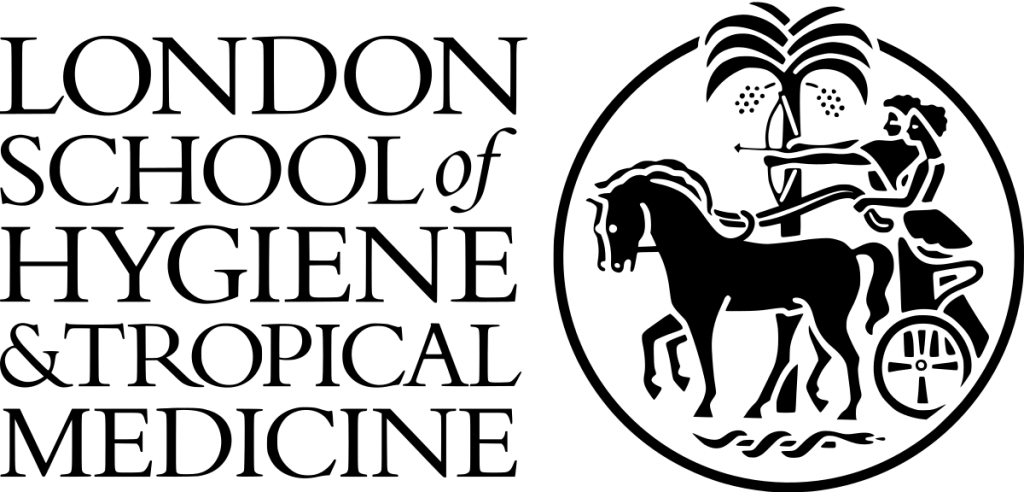
About me: I grew up in Devon, living by the sea for most of my life, which is where I developed my love of lying on the beach. At school I found myself most interested in the sciences, so I did biology, chemistry and physics to A-level and then went on to compete a Masters degree in biochemistry at Oxford. After graduating I got a job in patent law, working with pharmaceutical and biotech companies to patent their new technologies. After almost two years on the job I realised that the corporate life was not going to suit me long-term and my best bet would be to return to research. I have always found the place of science and technology in society very interesting, so I applied to the Science and Technology Studies department at UCL in order to better explore this area.
My research: My research concerns the regulation of technologies that have been proposed to combat the effects of global warming. Currently, there are three main responses to global warming that have been proposed: mitigation, adaption, and geoengineering. My project concerns geoengineering, which has been defined as the “deliberate, large-scale manipulation of the planetary environment”. Geoengineering has the potential to be a powerful technology with potentially devastating environmental results if misused and current systems of governance are inadequate to properly regulate research in the field. This leaves a governance gap between geoengineering research and its regulation with researchers granted dangerous amounts of freedom in the absence of any specific international regulation.
The difference my research makes: The aim of my project is to help bridge the governance gap by establishing a set of guidelines for responsible research at the level of environmental field trials for geoengineering. This will first require categorising field trials according to the nature of their risk and will then require considering how guidelines could regulate research performed in each risk category. Promoting self-regulation through the establishment of these guidelines could help to encourage responsible research from the bottom up, before the required international regulation is implemented from the top down, thereby helping to bridge the governance gap.
Supervisors: Dr Jack Stilgoe and Dr Carina Fearnley
Selected Publications:
Pathway: Science and Technology Studies
Location: UCL Department of Science and Technology Studies
Email: jack.davey.18@ucl.ac.uk







